John Dillinger started his life of crime early. At the age of 21, he was incarcerated for the first time after a botched grocery store holdup, resulting in a stint in the Indiana State Prison.
His prison time left him a hardened, bitter, and vicious man who learned the art of committing bank robbery from his fellow inmates. On his release, that knowledge gave him the ability to become one of the most notorious villains of the mid-‘30s.
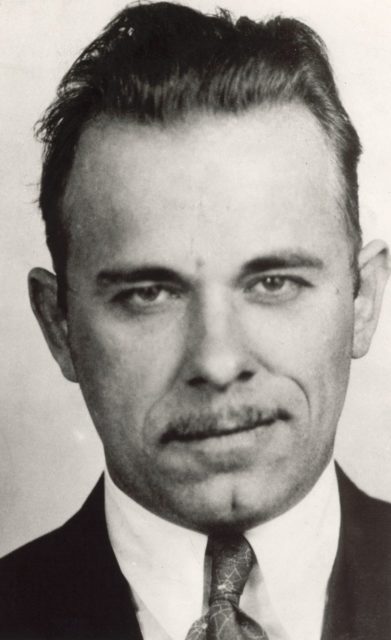
He spent 1933-34 committing a variety of violent robberies and a couple of jailbreaks. On May 10, 1933, Dillinger was paroled after being in prison for eight and a half years. This really marked the beginning of his infamy. According to the FBI, Dillinger robbed a bank in Bluffton, Ohio almost immediately upon his release.
He was arrested by Dayton police on September 22nd and taken to jail in Lima until his case could be brought to trial. When he was searched by police at the time of his arrest, they found what seemed to be plans for a prison break on Dillinger’s body. Dillinger denied knowledge of any planned escape, though.
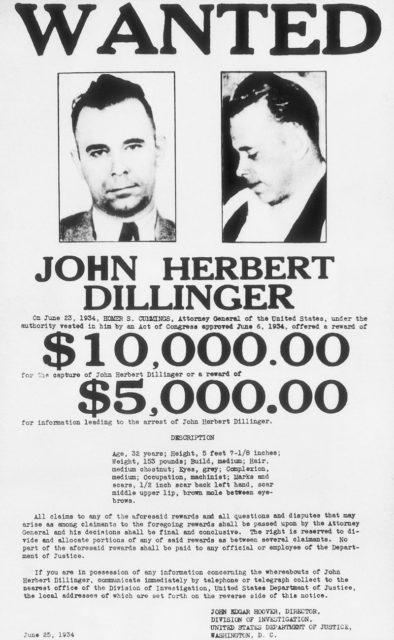
Several days later, a group of eight of Dillinger’s friends used those same plans to break him out of the Indiana State Prison, shooting a couple of guards in the process.
Three of those men showed up at the Lima jail on October 12th, along with a parolee who came from the same prison. The men told the guards they were there to move Dillinger to the prison, because he had broken his parole.
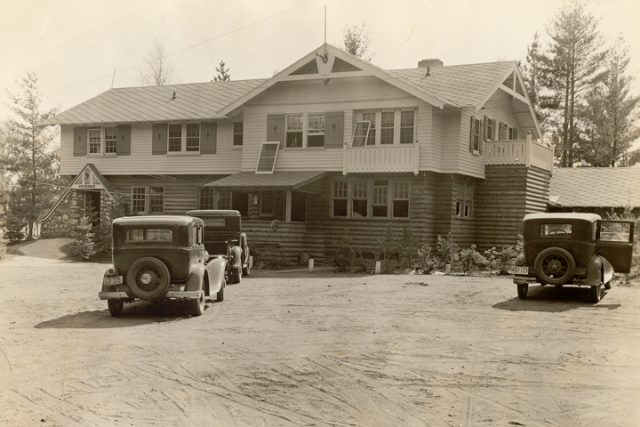
When the Sheriff asked them for credentials, the group went into action, shooting the sheriff, beating the rest of the guards, and busting Dillinger out of jail.
Dillinger and his gang went on a crime spree, looting two police arsenals for weapons, ammunition, and bulletproof vests, then robbing banks. In the course of their exploits, several police officers were killed.
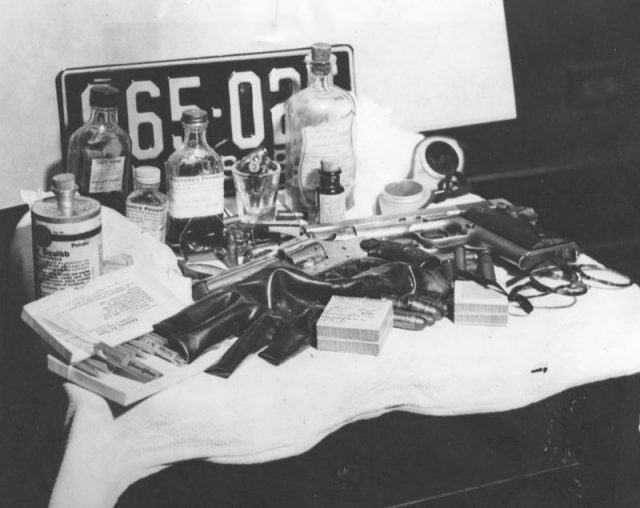
The gang went to Arizona to hide out, but they were caught when the hotel they were staying in caught fire and a firefighter recognized them. Dillinger was apprehended and sent to Lake County jail in Indiana. What followed was one of the most daring prison breaks in history.
According to a report run at the time in the New York Daily News, Lake County jail was considered to be escape-proof, which seemed like a good idea considering Dillinger’s earlier jailbreak.
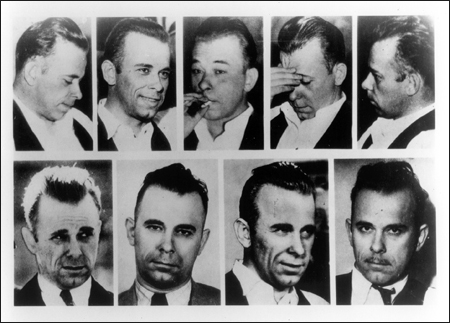
Nonetheless, on March 3rd, 1934, John Dillinger escaped from Lake County jail after bluffing 33 jailers and inmates with a gun he’d carved of blackened wood, right in his cell and under his jailer’s noses.
He and a co-conspirator locked everyone up in various cells, closets, and living quarters, stole two submachine guns from the warden’s quarters, and climbed over the wall.
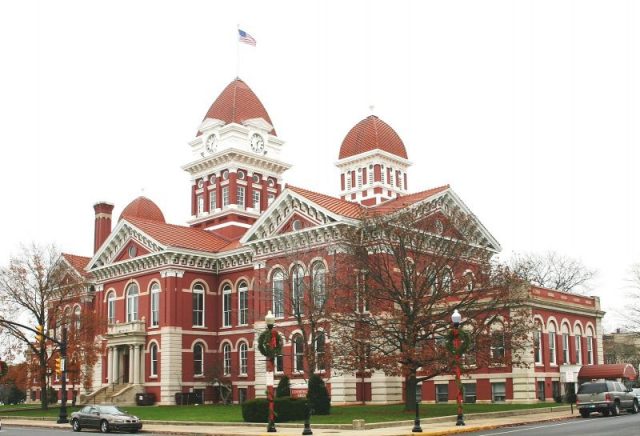
Once they were outside the wall, the two men commandeered the Sheriff’s private car, taking a deputy sheriff and a garage worker along as hostages, and rode right through the fifty-man cordon whose sole purpose was to make sure he stayed inside. He gave the signal to leave by singing “Git along, little doggie. Go along.”
Two hours after their escape, Dillinger and his companion released the two hostages they had taken, giving them each a handshake and a cigarette, and $4 for the cab fare back to the prison. When the men returned, the deputy was able to give the full story of how the men succeeded in the escape.
The deputy related that the event occurred that morning when another deputy, a couple of porters, and a trustee entered Dillinger’s cell with a basin of water and some soap. The inmate was sitting on his bed and holding something in his hands.
When the trustee bent over to put down the soap, Dillinger leaned over his back, and put the object, the wooden gun, to the deputy’s head, threatening to kill him. He had another jailer called for, taking his keys on his arrival.
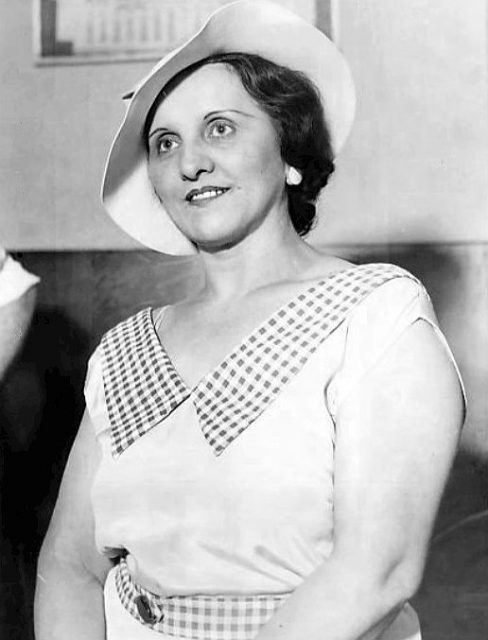
The first deputy and the men with him were locked in the cell, and Dillinger took the second deputy with him. Dillinger used the keys and the gun to start rounding up other groups of prisoners, and locking up the other guards.
The two inmates took several hostages with them on their way to the armory, in the process also collecting the warden’s wife and mother-in-law. The men grabbed the guns and locked their hostages up, except for the deputy.
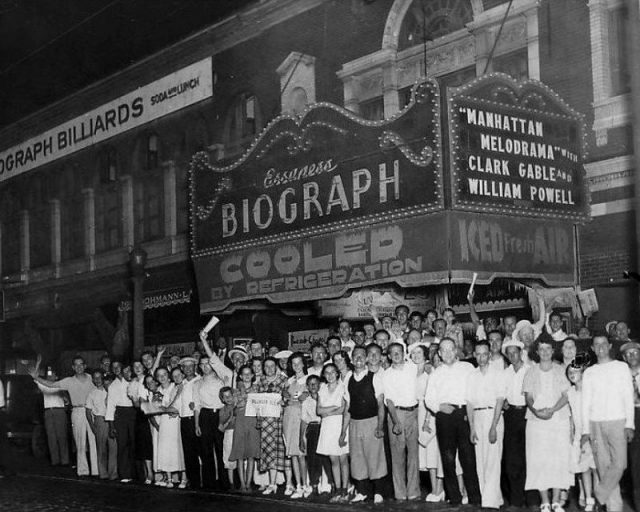
Making their way to the garage, the prisoners threatened the garage workers with their guns, demanding the fastest car available, which happened to be the Sheriff’s.
The men put the deputy and one of the garage workers in the front seat, held the guns to their backs, and demanded that they drive, which they did. The two desperados were free — thanks to a wooden gun.
Even though the two escapees avoided a cordon and manhunt that involved thousands of searchers, that escape was ultimately how John Dillinger died.
Read another story from us: Baby Face Nelson – The Real Bad Boy of Prohibition-Era Gangsters
In stealing the car and driving it over state lines, he had committed a federal crime, paving the way for a nationwide manhunt. Although it took a while to track him down, and he continued his larcenous ways, he was eventually found and gunned down on July 22, 1934.
